Bathroom tiles are an essential component of bathroom design, offering both functional and aesthetic benefits. With so many materials, finishes and styles available, it's impossible to not have numerous questions when it comes to selecting the right tile for your space. In this blog, we'll answer some of the most frequent questions we are asked.

1. What's better, porcelain or natural stone?
Long story short, both are perfectly suitable for bathroom and shower installation. The better question is, what's the better choice for YOU, YOUR space, and YOUR lifestyle? Both materials are known for their durability and versatility. The key thing to keep in mind, is that natural stone is porous, porcelain is not. For this reason, natural stone requires a little more love and care than porcelain does. Sealing natural stone tiles is required to ensure long-lasting beauty and protection, and we highly recommend being mindful of the products you use to clean them. Porcelain tiles on the other hand are more forgiving in terms of what you can use to maintain them and they do not require sealing. Continue reading for tips and details on cleaning and maintaining your tiles.

2. What’s Better for the shower: Gloss finish or Matt finish?
Walls: The decision between gloss and matt ceramic tiles depends on both your aesthetic preferences and practical needs. Glossy tiles offer a vibrant, shiny appearance that allows any light in the space to reflect and bounce around the room. This helps make smaller, darker spaces appear larger and brighter. Matt tiles provide a softer, more understated look that naturally absorb light, making larger spaces feel cozier. So, what's the lighting in your bathroom like? Is it purely artificial or do you have large windows? Is your shower nestled in a small corner or is it a large walk-in shower?
Floors: While it's not technically incorrect to opt for glossy or polished tiles for a bathroom floor, it's not the go-to recommendation. Glossy tiles, with their smooth and shiny surface, can become quite slippery when wet, posing a safety risk. On the other hand, matt finish tiles offer a bit more texture and grip, making them a safer and more suitable choice for bathroom floors, especially in the shower area. Their textured surface helps prevent slips and falls, ensuring a safer environment without compromising on style or aesthetics.
3. Should I Tile a Shower to the Ceiling?
Full-height tiling creates a seamless, bespoke look and offers complete protection against moisture and mildew above the tile line, which can be difficult to maintain. If you prefer to stop tiling at a certain height, it's important to ensure that any exposed wall surfaces above the tiles are properly moisture-proofed to prevent damage. Ultimately, the decision depends on your aesthetic preference and practical needs.
4. What is Tile Slip-Resistance, and which finishes offer the best safety?
Tiles can completely transform the appearance and aesthetics of a bathroom, but they also play a very important role in keeping you safe in areas with a higher risk of slipping.
Porcelain tiles undergo a slip-rating test that determines what spaces they are most suitable to be installed in. The Pendulum test simulates the sole of a shoe walking on a tile and determines a rating ranging from P0 to P5, the higher the number the lower the risk of slipping. These ratings are then mostly used by builders, architects and designers to ensure their projects meet and comply with safety standards, especially for commercial spaces. For an residential bathroom and shower we would typically stick to floor tiles with a slip rating between P2-P3. This ensures the tiles you've selected are safe for floor installation in indoor spaces, including wet areas like the shower. Tiles rated P4-P5 will typically have more texture, making these a good option for outdoor areas exposed to water like pool surrounds. It's important to keep in mind that the higher the slip rating the more texture the tiles have, which can also makes them a little more difficult to clean which is why although the slip rating is great, we wouldn't usually recommend them for a bathroom.
Natural Stone tiles do not undergo slip-rating testing. They are naturally textured and technically safe to be installed on bathroom floors, including showers. The important thing to consider is the finish you select. Tumbled-finished stone undergoes a process that gives the stone a soft, worn appearance and slightly textured surface, making it a beautiful option for a bathroom floor. It is safe, and feels beautiful to the touch. Honed-finished stone is sanded down just enough to give it a smoother look and feel without the glare or shininess of a polished or glossy tile. This is also technically suitable and safe for a bathroom floor but we may not immediately recommend it. This is when our team's expertise comes into play. We consider the usage of the space, who will be utilising it and how regularly it will be used to determine if a honed stone is suitable of your bathroom floor.
Tip: Don't let the tile finish steer you away from your dream tiles. There are products out there that you can apply to your floor tiles that will create a slip-resistant micro-texture on the surface of your tiles to ensure added grip and safety in your bathroom and shower areas.
5. How Do I Maintain Bathroom Tiles, Especially Those Made of Natural Stone?
Maintenance of bathroom tiles depends largely on the material.
Porcelain tiles being non-porous do not require sealing and are generally low-maintenance. We suggest using mild detergents and a gentle brush or sponge to scrub.
Natural stone tiles require a little more mindfulness and attention. Sealing is absolutely required to create a protective layer to provide resistance against staining and moisture. You can re-seal your tiles regularly if desired but it's not always necessary, this depends on the type of sealer you use. At Byzantine Design we confidently recommend sealers by Sealers Plus, who offer penetrating sealers that will not change the appearance of the stone and assists with easing the ongoing maintenance required with natural stone tiles. Pairing this up with their pH neutral cleaning products ensures that your natural stone tiles age beautifully and last for decades to come.
How often do I need to seal my natural stone tiles?
This depends on the type of sealer you use and the traffic your bathroom gets. A guest bathroom that's not regularly used may only need to be sealed every 10 years. A bathroom used daily we would recommend sealing once every 5-8 years to ensure your stone remains beautiful and ages gracefully.
Sealing Tip: We recommend sourcing your cleaning products from the same supplier of your sealer as their products are typically made to compliment each other. Mixing different brands may cause your sealer to break down quicker and more easily.
We hope this FAQ guide has answered some of your top floor tile-related questions and inspired you to create the bathroom of your dreams.
Need assistance from the pros?
Visit us at 10 James St, Windsor VIC
Email Laura at sales@byzantinedesign.com.au for inquiries or call


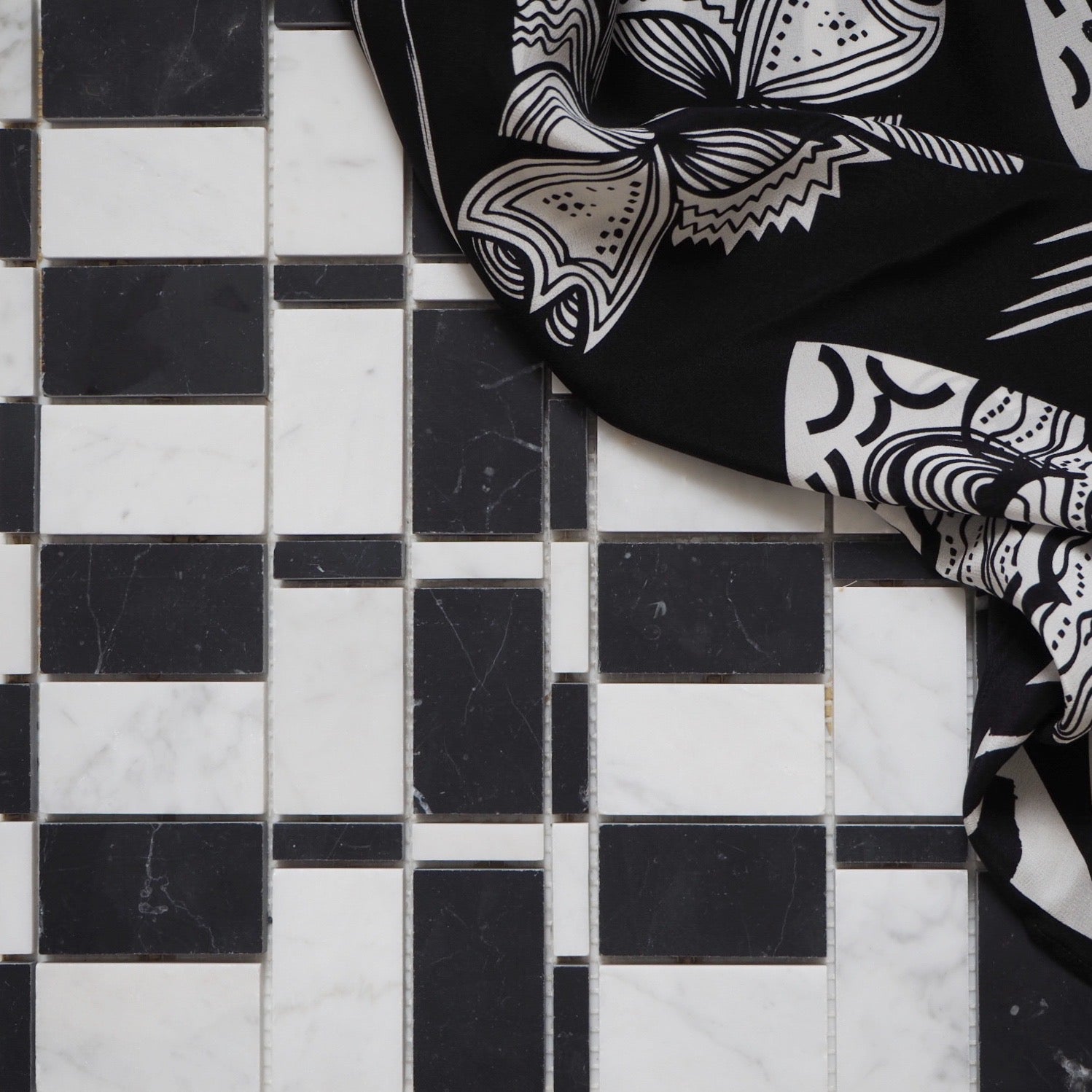
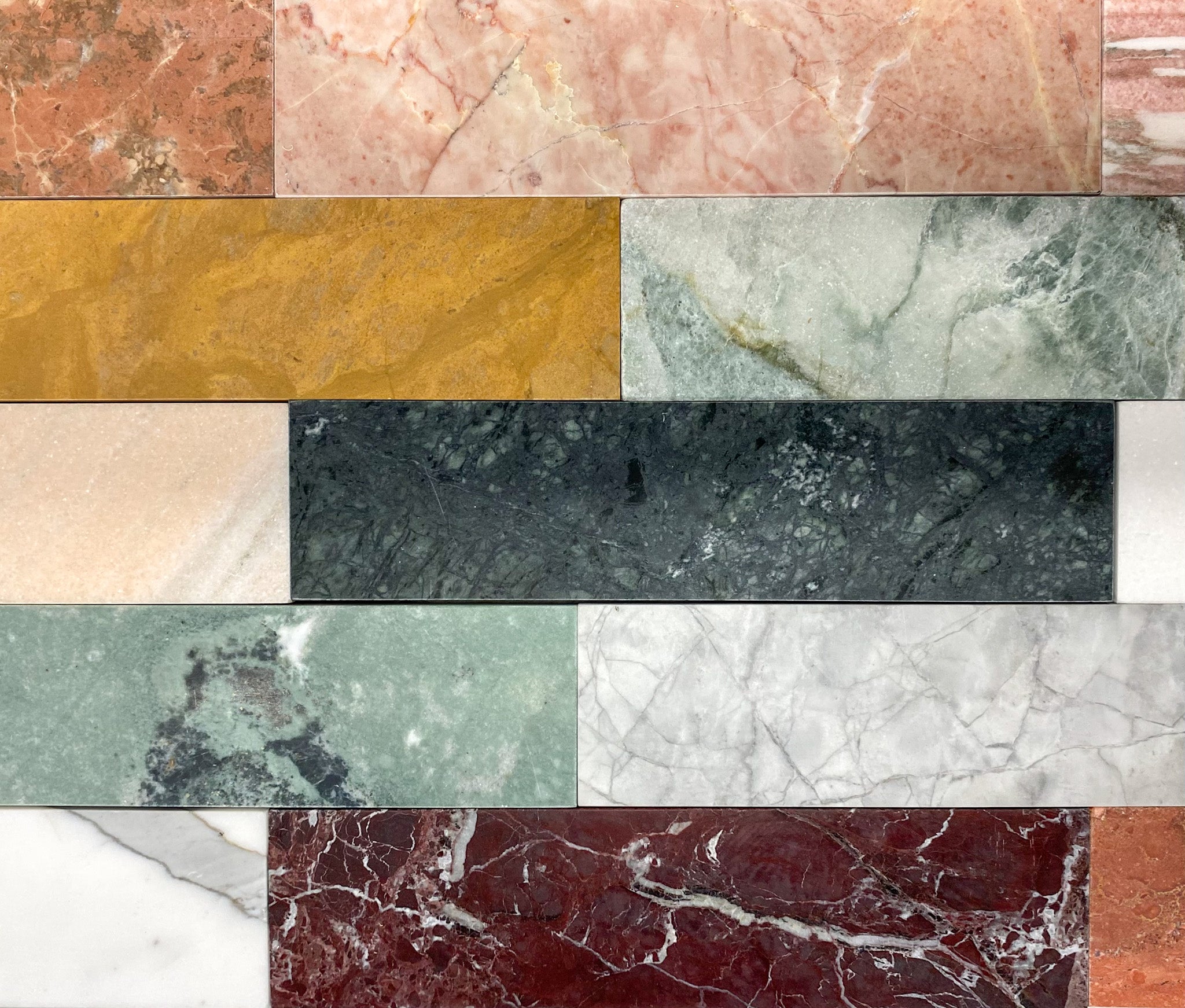
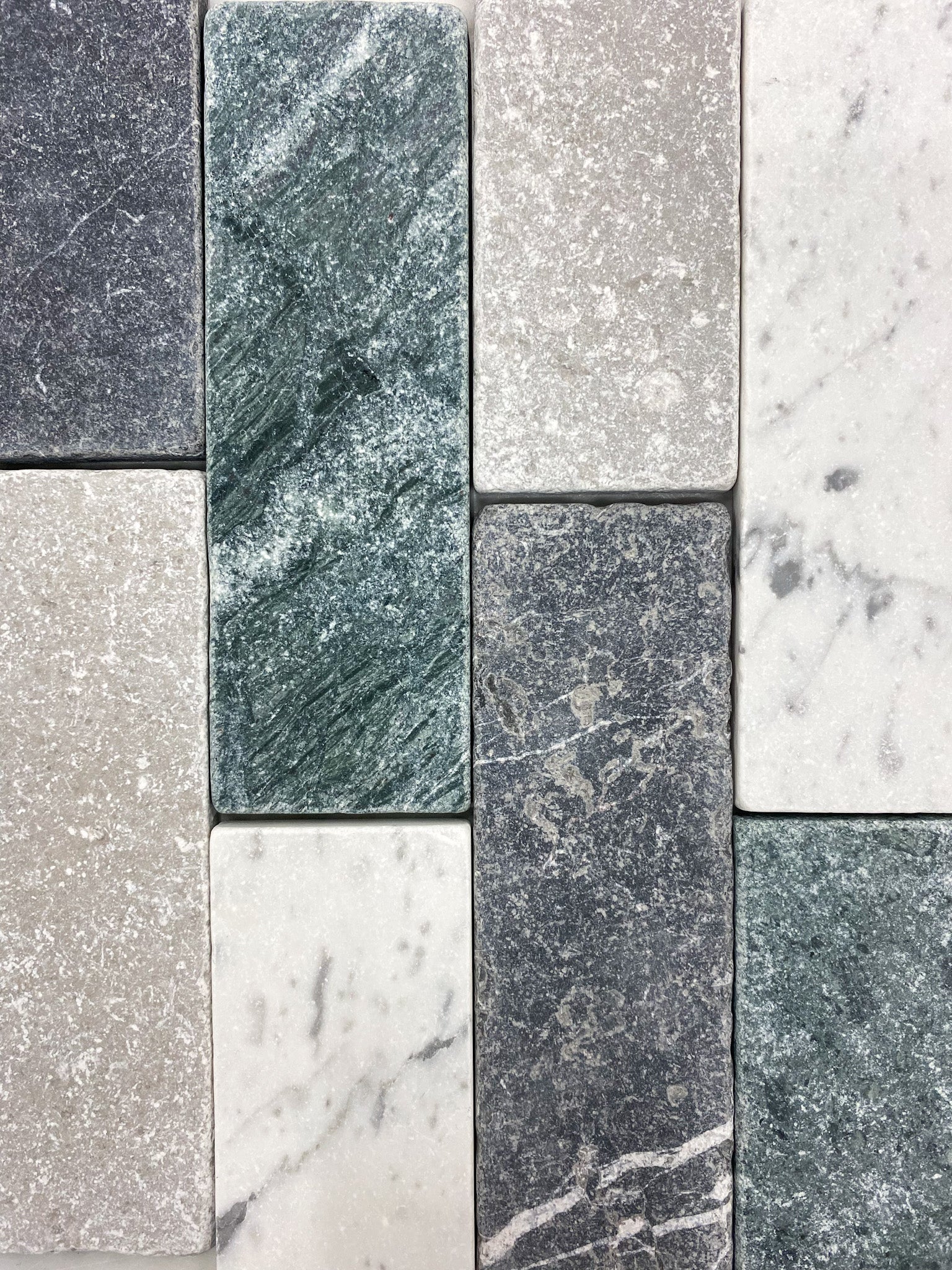
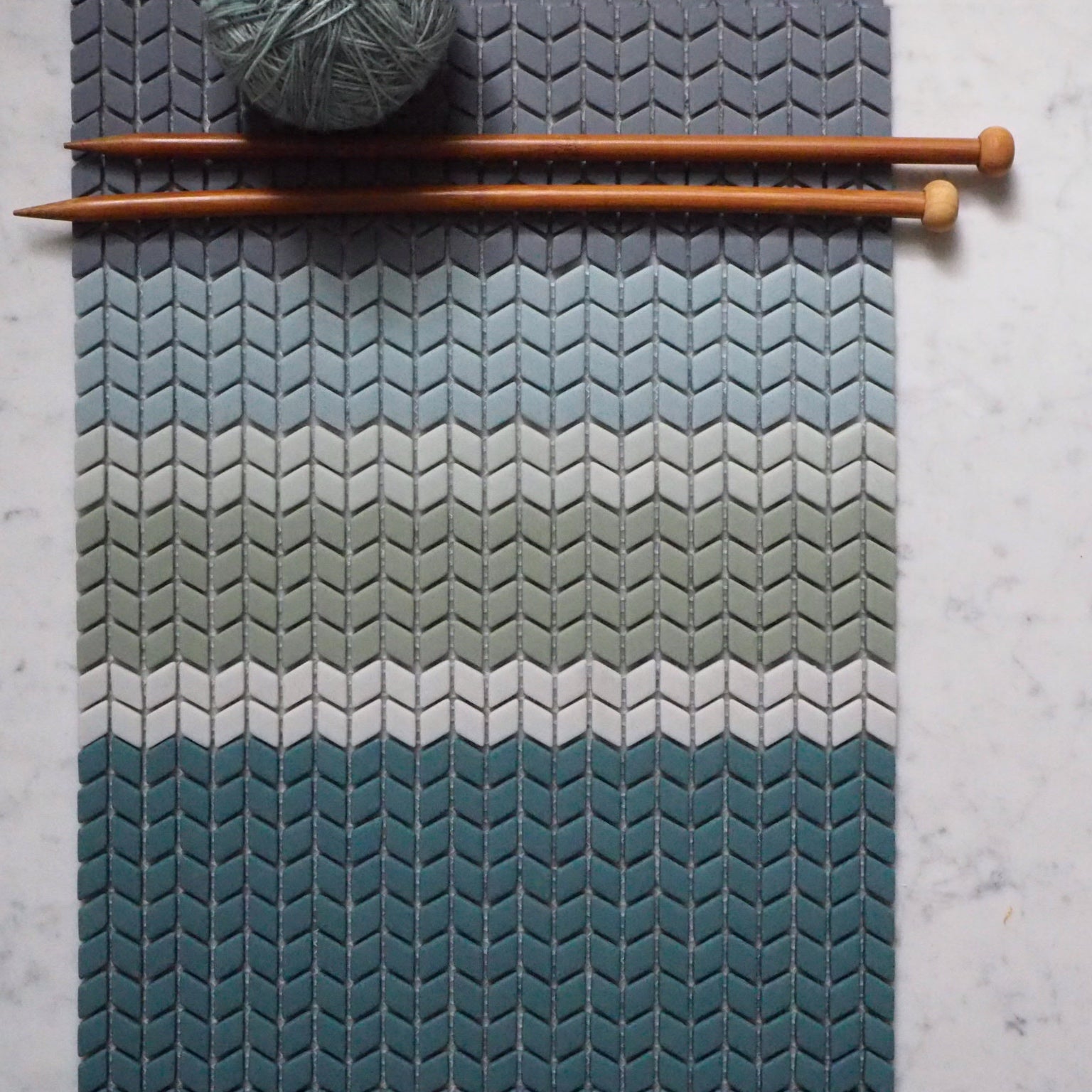
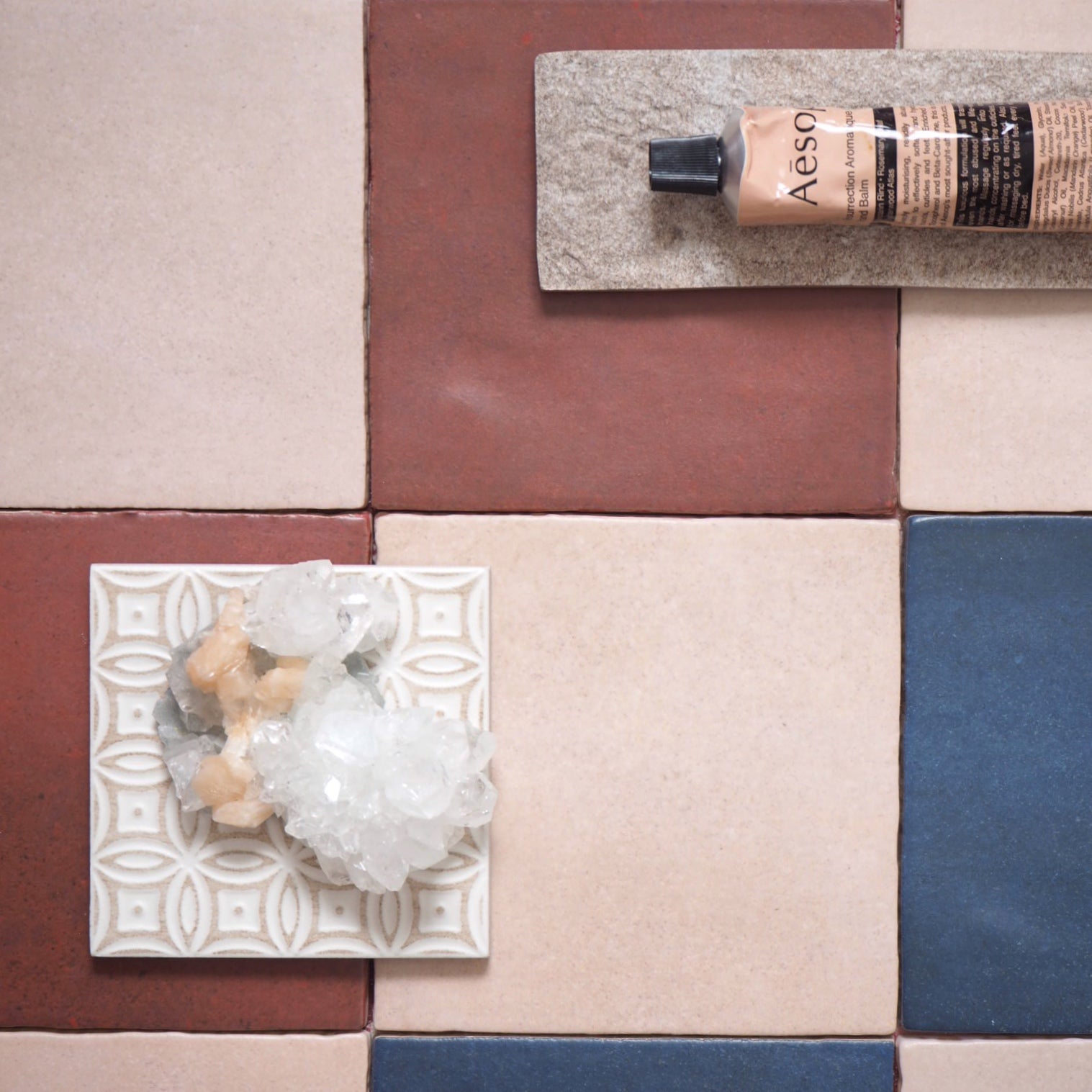
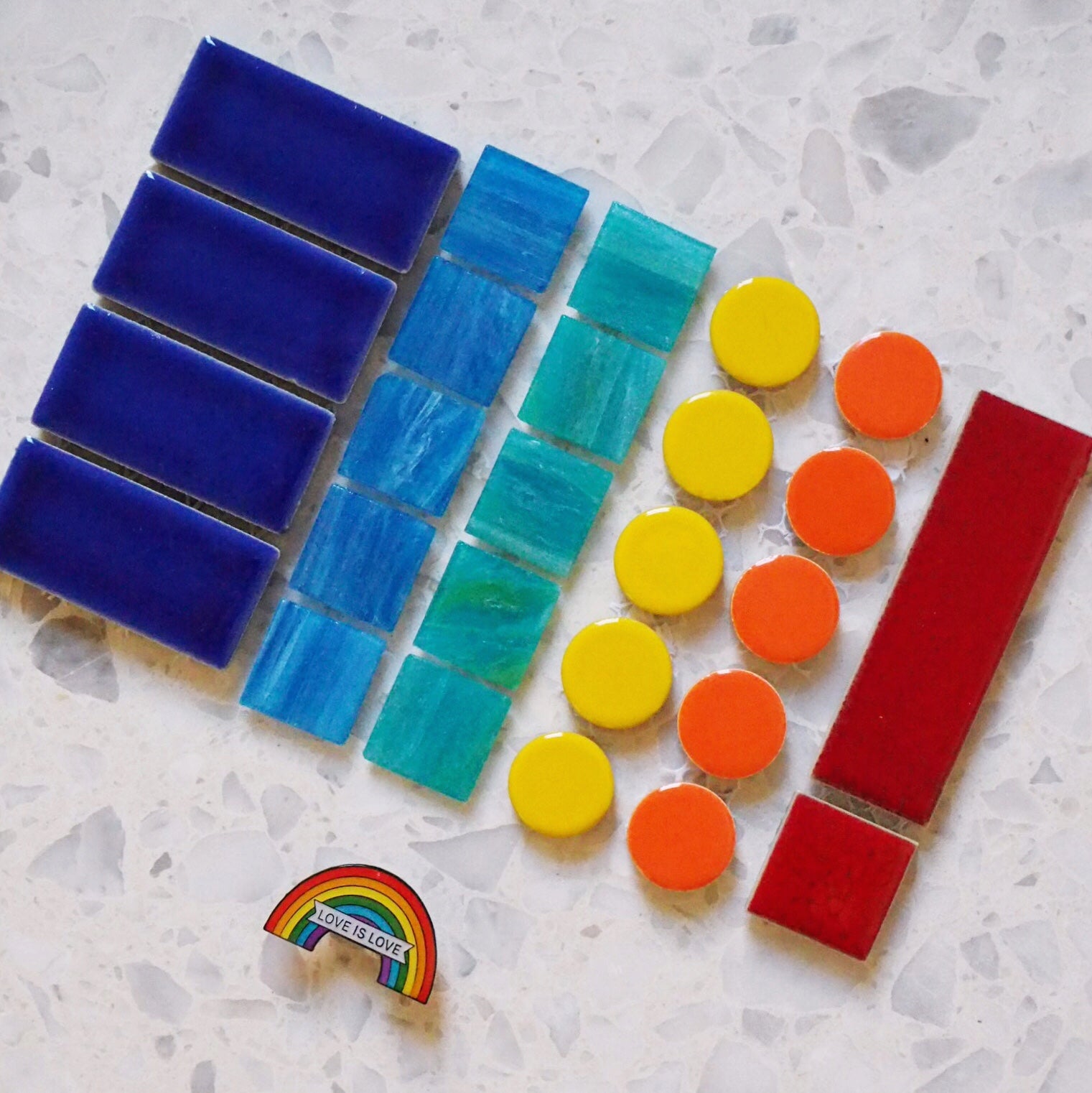




Leave a comment